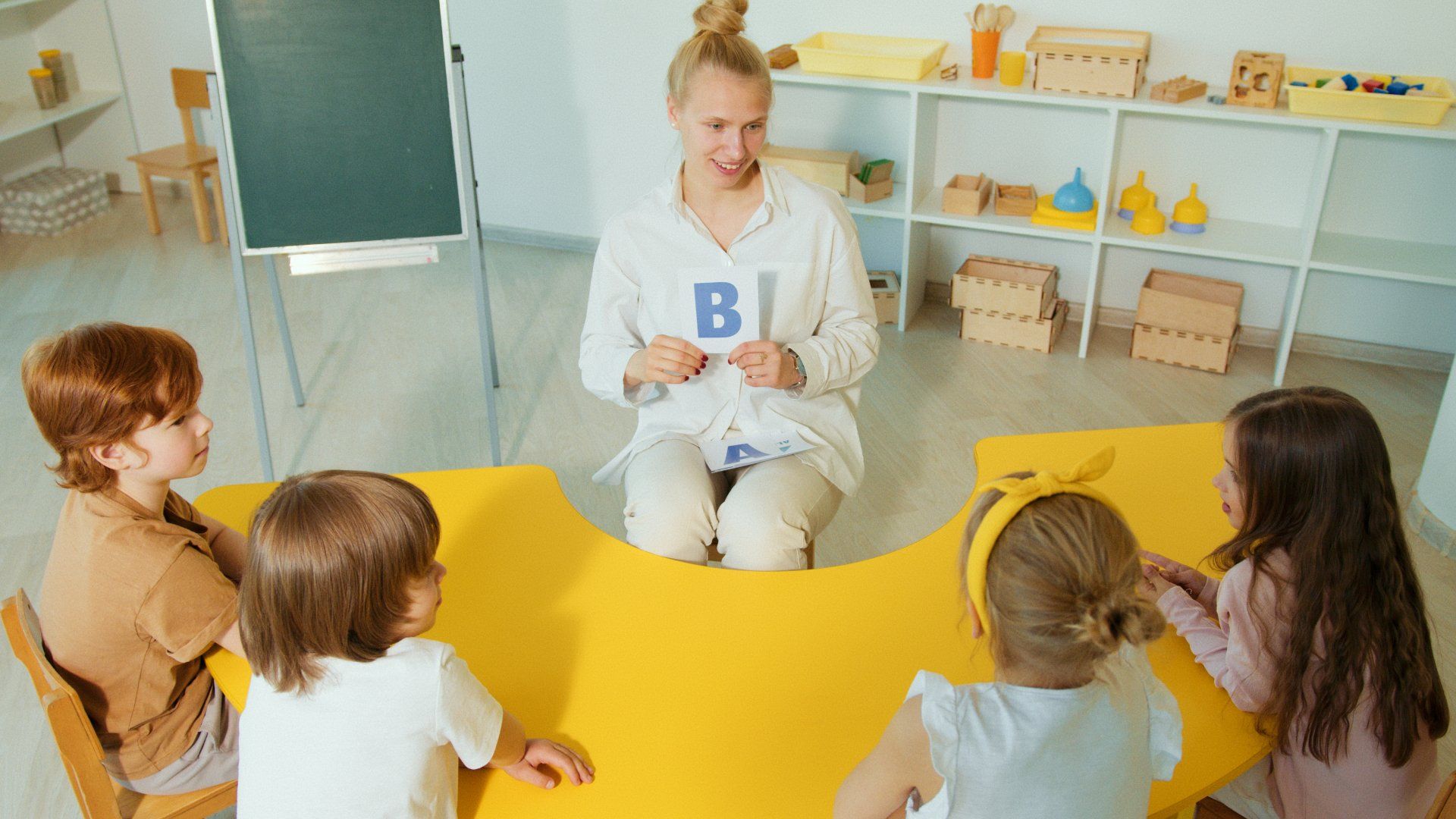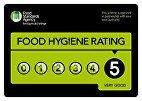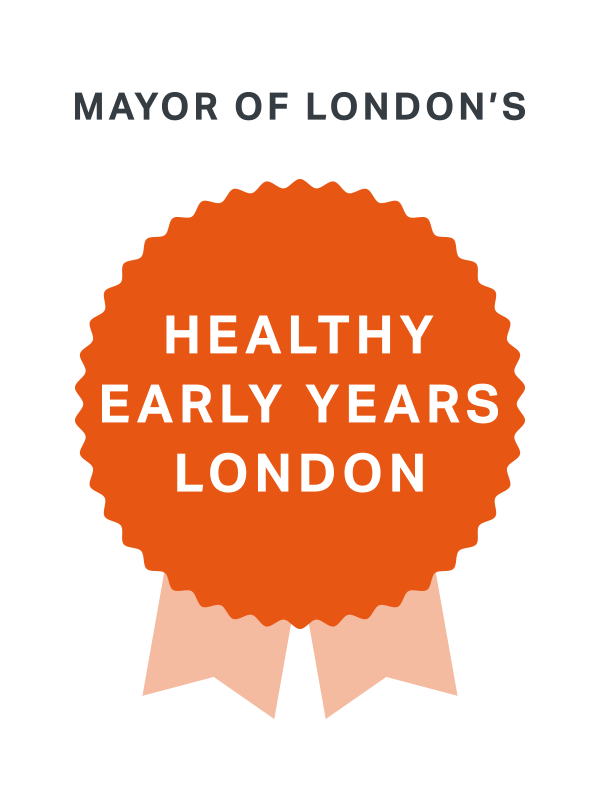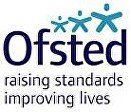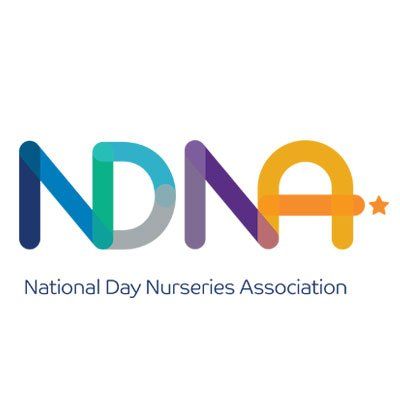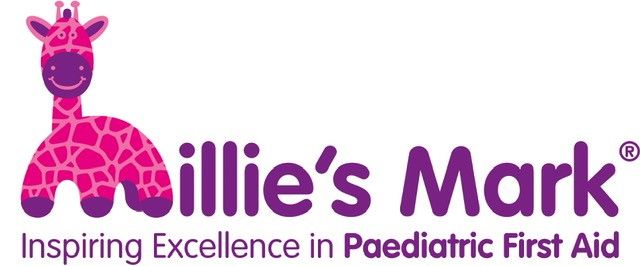Guide to the 2024 EYFS Curriculum Updates
Guide to the 2024 EYFS Curriculum Updates
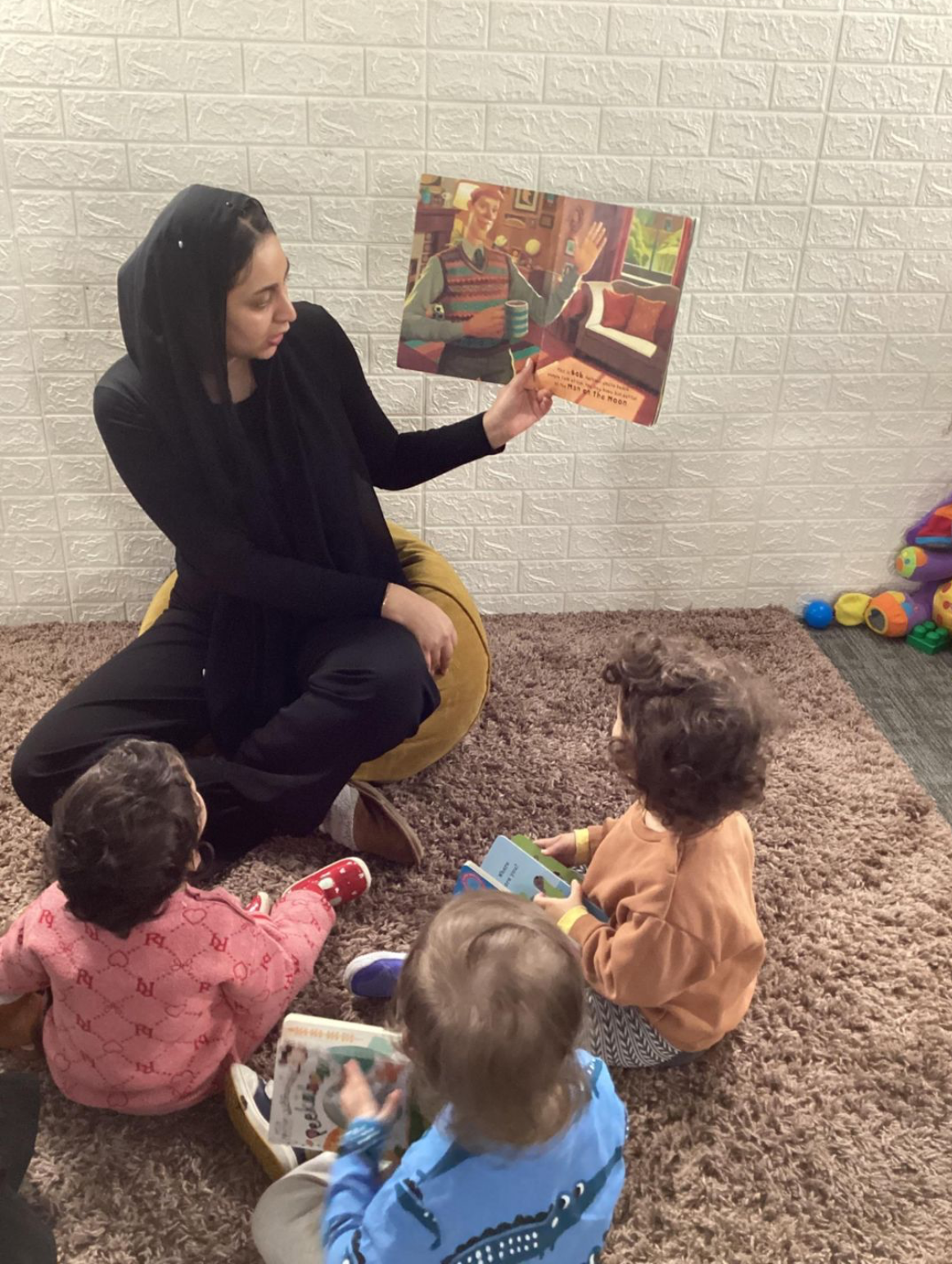
The Early Years Foundation Stage (EYFS) curriculum is crucial for setting the standards for learning, development, and care for children from birth to five years old. As of 2024, the EYFS curriculum has undergone significant updates to better cater to the evolving educational landscape and the needs of young learners. This comprehensive guide aims to inform parents, educators, and caregivers about these changes, explaining the new guidelines and how they will impact early childhood education. By understanding these updates, you can ensure that your child benefits from a robust and effective educational foundation.
The Purpose of the EYFS Curriculum
The EYFS curriculum is designed to provide a cohesive framework for early childhood education in the UK. Its primary objectives are to ensure that all children have a solid foundation for future learning, to foster a love for learning, and to promote holistic development. The EYFS emphasises the importance of play-based learning, recognising that children learn best through active engagement and exploration. By focusing on both academic and personal development, the curriculum aims to prepare children for the next stages of their educational journey.
Why the EYFS Curriculum is Updated
Educational standards and practices are continually evolving to reflect new research, societal changes, and the needs of learners. The EYFS curriculum is periodically updated to incorporate the latest findings in early childhood education, ensuring that it remains relevant and effective. The 2024 updates are particularly focused on enhancing the quality of education and care provided to young children, addressing gaps identified in previous versions, and aligning with broader educational reforms. These updates aim to better support children's development, enhance teaching practices, and ensure that all children have equal opportunities to thrive.
Key Changes in the 2024 EYFS Curriculum
The 2024 EYFS updates bring several significant changes to the curriculum, aiming to improve educational outcomes and the overall learning experience for young children. Key changes include:
- Enhanced focus on communication and language development: New strategies to support language acquisition and effective communication.
- Updated guidelines for physical development: Emphasis on physical activity and promoting health and well-being.
- Strengthened personal, social, and emotional development: Greater focus on emotional literacy and social skills.
- Revised literacy and numeracy goals: New benchmarks and innovative teaching methods for early literacy and mathematics.
- Increased emphasis on understanding the world and expressive arts: Updated content on cultural diversity, inclusion, and environmental awareness.
Detailed Analysis of Changes in Prime Areas
Communication and Language
The 2024 updates place a stronger emphasis on developing children's communication and language skills. This includes new approaches to language acquisition, encouraging rich and varied language experiences, and fostering effective communication. The curriculum now expects educators to create language-rich environments where children can engage in meaningful conversations, storytelling, and role-play activities. These updates aim to enhance children's vocabulary, listening skills, and ability to express themselves clearly.
Physical Development
Physical development remains a core component of the EYFS curriculum, with updated guidelines to promote physical activity and well-being. The 2024 changes emphasise the importance of daily physical exercise, including both structured and unstructured activities. There is a renewed focus on developing fine and gross motor skills, ensuring that children have ample opportunities to engage in active play, outdoor exploration, and movement-based learning. The updated curriculum also highlights the role of nutrition and healthy lifestyle choices in supporting overall physical development.
Personal, Social, and Emotional Development
The updates to the EYFS curriculum place greater emphasis on personal, social, and emotional development. This includes fostering emotional literacy, helping children understand and manage their emotions, and building positive relationships with peers and adults. The curriculum now includes specific strategies for promoting social skills, such as sharing, cooperation, and conflict resolution. Additionally, there is a stronger focus on creating inclusive environments that respect and celebrate diversity, ensuring that all children feel valued and supported.
Detailed Analysis of Changes in Specific Areas
Literacy
The 2024 EYFS updates introduce new literacy goals and benchmarks to enhance early reading and writing skills. There is a greater emphasis on phonics, early reading strategies, and fostering a love for books and storytelling. The curriculum encourages the use of technology to support literacy development, such as interactive e-books and educational apps. Educators are expected to provide a print-rich environment, offering diverse and engaging reading materials that cater to different interests and reading levels.
Mathematics
Mathematics education has been strengthened in the 2024 EYFS updates, with revised numeracy expectations and innovative teaching methods. The curriculum emphasises the importance of hands-on, practical experiences to develop mathematical understanding. Children are encouraged to explore numbers, shapes, patterns, and measurement through play-based activities. The updates also highlight the role of problem-solving and critical thinking in early mathematics education, aiming to build a strong foundation for future learning.
Understanding the World
The updates to the EYFS curriculum include a renewed focus on helping children understand the world around them. This involves exploring cultural diversity, learning about different communities, and fostering a sense of global citizenship. The curriculum now places greater emphasis on environmental awareness, encouraging children to engage with nature, understand sustainability, and develop a sense of responsibility towards the planet. Educators are encouraged to provide hands-on experiences, such as nature walks, gardening, and science experiments, to nurture children's curiosity and understanding of the world.
Expressive Arts and Design
The 2024 EYFS updates aim to enhance children's creativity and self-expression through the arts. The curriculum encourages a wide range of artistic activities, including drawing, painting, music, dance, and drama. Children are provided with opportunities to explore different materials, techniques, and styles, fostering their imagination and creativity. The updates also emphasise the importance of providing a supportive and encouraging environment where children feel confident to express themselves and share their artistic creations.
Implementation Strategies for Educators
Implementing the 2024 EYFS updates effectively requires careful planning and adaptation of teaching practices.
Educators are encouraged to:
- Stay informed: Keep up-to-date with the latest research and guidelines related to early childhood education.
- Professional development: Participate in training and workshops to enhance their understanding of the new curriculum and develop effective teaching strategies.
- Collaborate: Work with colleagues, parents, and other professionals to share best practices and support each other in implementing the updates.
- Reflect and adapt: Continuously assess and reflect on their teaching practices, making adjustments as needed to ensure they align with the updated curriculum.
Supporting Parents Through the Transition
The 2024 EYFS updates can be overwhelming for parents, especially those who are new to the curriculum. Educators can support parents by:
- Communicating changes: Clearly explain the updates and their implications for children's learning and development.
- Providing resources: Share informative materials, such as newsletters, workshops, and online resources, to help parents understand the new curriculum.
- Involving parents: Encourage parents to participate in their child's learning journey, providing opportunities for them to engage in activities and support their child's development at home.
- Offering reassurance: Address any concerns or questions parents may have, providing reassurance and support throughout the transition process.
Ensuring Compliance with Ofsted Standards
To ensure compliance with Ofsted standards, educators should:
- Understand the updated expectations: Familiarise themselves with Ofsted's new guidelines and requirements related to the 2024 EYFS updates.
- Align practices: Ensure that their teaching practices and curriculum implementation align with Ofsted's expectations.
- Prepare for inspections: Be prepared for Ofsted inspections by maintaining thorough documentation, including planning, assessment records, and evidence of children's progress.
- Continuous improvement: Regularly review and update their practices to ensure they meet the highest standards of quality and effectiveness.
Benefits of the 2024 Updates for Children
The 2024 EYFS updates offer numerous benefits for children, including:
- Improved learning outcomes: Enhanced teaching strategies and updated goals support better academic and developmental progress.
- Holistic development: The curriculum addresses all areas of development, including cognitive, physical, social, and emotional growth.
- Inclusivity: Greater emphasis on diversity and inclusion ensures that all children feel valued and supported.
- Preparation for the future: The updates provide a strong foundation for future learning, helping children develop essential skills and a love for learning.
Addressing Challenges in Implementation
Implementing the 2024 EYFS updates may present challenges, such as:
- Resource limitations: Ensuring that schools and early years settings have the necessary resources and materials to implement the updates effectively.
- Professional development: Providing sufficient training and support for educators to understand and apply the new curriculum.
- Parental engagement: Encouraging parents to actively participate in their child's learning and support the curriculum changes at home.
- Monitoring progress: Continuously assessing the effectiveness of the updates and making adjustments as needed to ensure positive outcomes for children.
Monitoring and Evaluating the Updated Curriculum
Monitoring and evaluating the updated EYFS curriculum is essential for ensuring its effectiveness. Educators can use various tools and methods to assess the impact of the updates, such as:
- Regular assessments: Conducting ongoing assessments of children's progress and development.
- Feedback from stakeholders: Gathering feedback from parents, children, and colleagues to identify areas for improvement.
- Data analysis: Analysing assessment data to inform decision-making and curriculum adjustments.
- Continuous improvement: Using the evaluation findings to make data-driven decisions and continuously improve teaching practices and curriculum implementation.
Conclusion
The 2024 EYFS curriculum updates bring significant changes aimed at enhancing early childhood education in the UK. By understanding these updates and implementing them effectively, educators can provide high-quality education and care for young children, supporting their holistic development and preparing
GLOBAL KIDS DAY CARE LIMEHOUSE
Lascar Wharf Community Centre, Limehouse, London, E14 7FN. | Tel: 0207 001 1210 Email: limehouse@globalkidsdaycare.co.uk
GLOBAL KIDS DAY CARE MILE END
21 Burdett Road, Mile End, London, E3 4TU. | Tel: 0208 980 1706 Email: mile-end@globalkidsdaycare.co.uk
GLOBAL KIDS DAY CARE ALDGATE EAST
52 Old Castle Street, Aldgate East, London E1 7AJ. | Tel: 0203 302 7800 / Mobile: 07823 770035 | Email: aldgateeast@globalkidsdaycare.co.uk
Opening Times: 8am - 6pm









